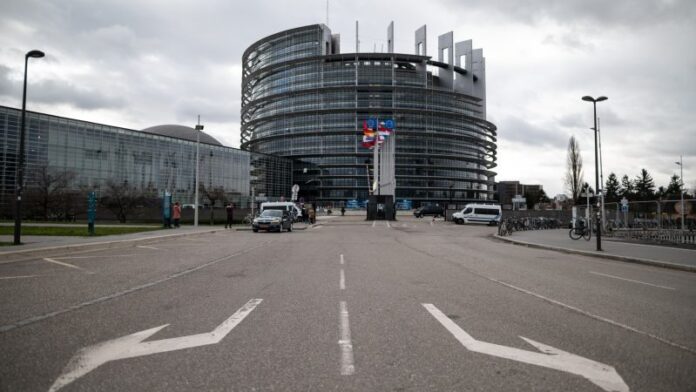Europe got closer to a full-on ban on facial recognition in public spaces and reining in ChatGPT after lawmakers adopted a strengthened version of the EU‘s artificial intelligence rulebook on Thursday, according to Politico.
Members of the European Parliament in the internal market and civil liberties committees passed their compromise text for the Artificial Intelligence Act, first floated by the European Commission in April 2021. The text was backed by an 84-7 vote, with 12 abstentions.
MEPs agreed on a blanket ban on remote biometric identification — AI-aided techniques, such as facial recognition, to recognize individuals from pictures or footage — in public venues, both in real-time and after the fact, in a departure from both the Commission’s original proposal and the position backed in Council by EU member countries. The issue was hotly debated among leading lawmakers thrashing out the text, with the center-right Christian Democrats fiercely opposing the ban.
Eventually, the lawmakers jointly spearheading the text — Italian S&D MEP Brando Benifei and Romanian Renew MEP Dragoș Tudorache — brokered an agreement, partly by bundling polarizing issues in the same amendment batches.
The text green-lit Thursday would also create rules for foundation models — AIs that create content from limited human input, such as OpenAI’s ChatGPT or the image-generating tool Midjourney.
MEPs propose that these systems be held to higher standards of transparency and human rights compliance and that developers partly disclose what copyright-protected content was used to train these models.
The European Parliament sitting in plenary is expected to vote on the text in June. Following that, three-way negotiations between lawmakers, member countries, and Commission officials known as trilogues are likely to start under the Spanish presidency of the Council, which kicks off in July.


